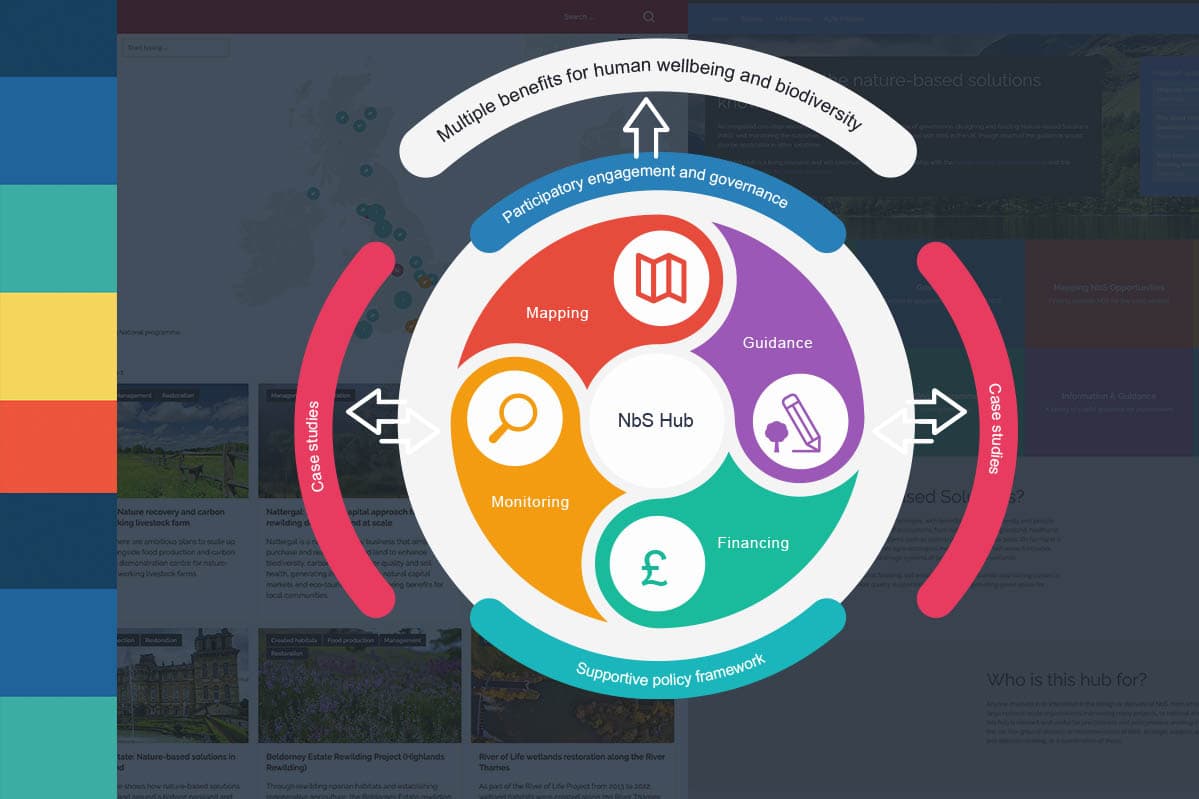Mobilizing funding for equitable transdisciplinary research partnerships

The new Sentinel briefing on Funding equitable transdisciplinary research partnerships for societal impact is now out. NbSI team member Alexandre Chausson was a contributing author on this report which evaluates how designing, implementing, and assessing the effectiveness of Nature-based Solution to tackle societal challenges rests on well-designed, transdisciplinary research.
This briefing outlines ways in which we can help deliver knowledge to match up with policy design and implementation. Creating this research often requires broad collaborations bringing together stakeholders across a wide range of technical and contextual expertise. Scaling up the availability of this evidence therefore requires effective, demand-driven international research partnerships. Although desire for this kind of research is increasing, in practice, there are barriers to the shift towards transdisciplinary research.
A key barrier that the briefing identifies is the difficulty in establishing equitable research partnerships across disciplines, as well as between Global North and Global South research partners. In this policy brief they highlighted six overarching recommendations, drawing on the experience of the Sentinel research partnership, an interdisciplinary research project which sought to address the challenge of achieving ‘zero hunger’ in sub-Saharan Africa, while at the same time reducing inequalities and conserving ecosystems
Their six fundings on what fostering such research requires are:
- Supportive incentive structures for researchers engaging in interdisciplinary research and research user engagement
- Funding structures which foster equitable partnerships
- Seed grants designed to build and test research partnerships
- Longer-term funding cycles and budget flexibility to reduce the transaction costs on researchers
- Ample time to formulate research proposals to enable co-creation
- Promote balanced team balance in responsibilities and expertise, with facilitators, sustained capacity strengthening for equitable transdisciplinary working, and embedding monitoring, evaluation and learning
The full brief can be viewed on the Sentinel website and NbSI Policy Page.




